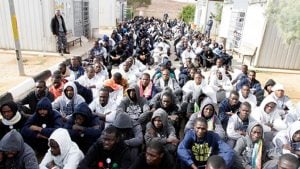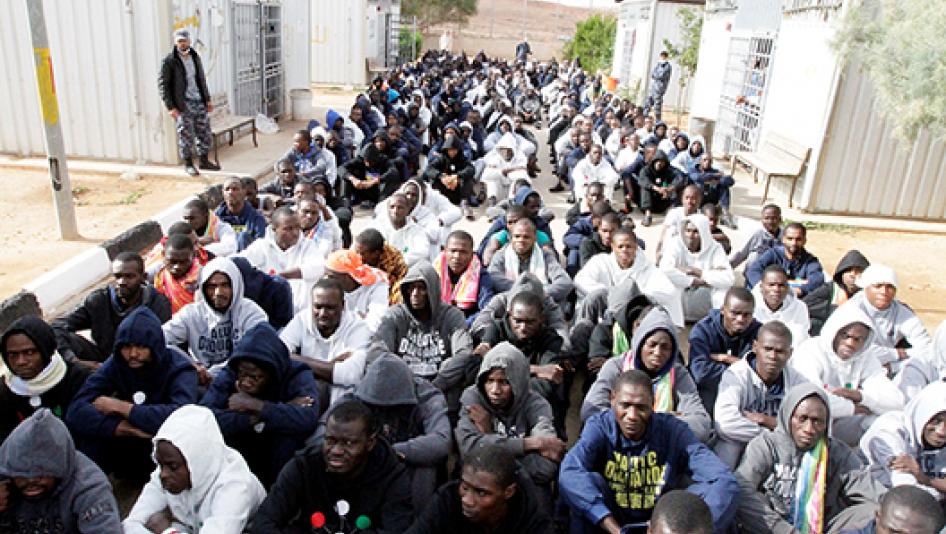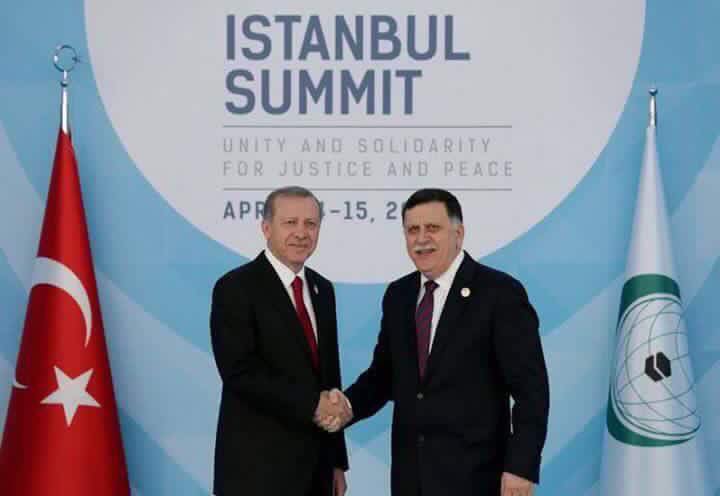By Libya Herald reporter.

Tunis, 12 December 2017:
Amnesty International has accused European governments of being “knowingly complicit” in the torture and abuse of tens of thousands of migrants detained in Libya.
The human rights group has released a report, Libya’s Dark Web of Collusion, that says that European governments are “actively supporting a sophisticated system” of exploitation by the coastguard, detention facilities and smugglers. The governments do this to prevent migrants crossing the Mediterranean Sea, Amnesty said.
“Hundreds of thousands of refugees and migrants trapped in Libya are at the mercy of Libyan authorities, militias, armed groups and smugglers often working seamlessly together for financial gain. Tens of thousands are kept indefinitely in overcrowded detention centres where they are subjected to systematic abuse,” said John Dalhuisen, Amnesty International’s Europe Director.
“European governments have not just been fully aware of these abuses; by actively supporting the Libyan authorities in stopping sea crossings and containing people in Libya, they are complicit in these abuses,” he added.
Following EU measures to curb migration across the Mediterranean, Amnesty accused the Europeans, in particular Italy, of showing little care for those trapped in Libya.
Amnesty said that EU states were complicit in three ways.
Firstly, technical support had been given to the body running detention centres. These places have been accused of serious human rights violations including torture and murder.
Secondly, they have “enabled” the Libyan coastguard to intercept migrants at sea and have given training. Amnesty says the coastguard is known to collude with smuggling networks.
Thirdly, and most controversially, the EU had struck deals with local authorities and traffickers to encourage them not to smuggle migrants, thereby keeping them in Libya.
There are some 20,0000 migrants detained in centres in Libya.
The report was published ahead of the EU summit on Thursday, although it is thought that the migrant issue will not figure as significantly as might have been the case a few months ago. The UK’s exit from the EU is expected to be the main are of discussion.








